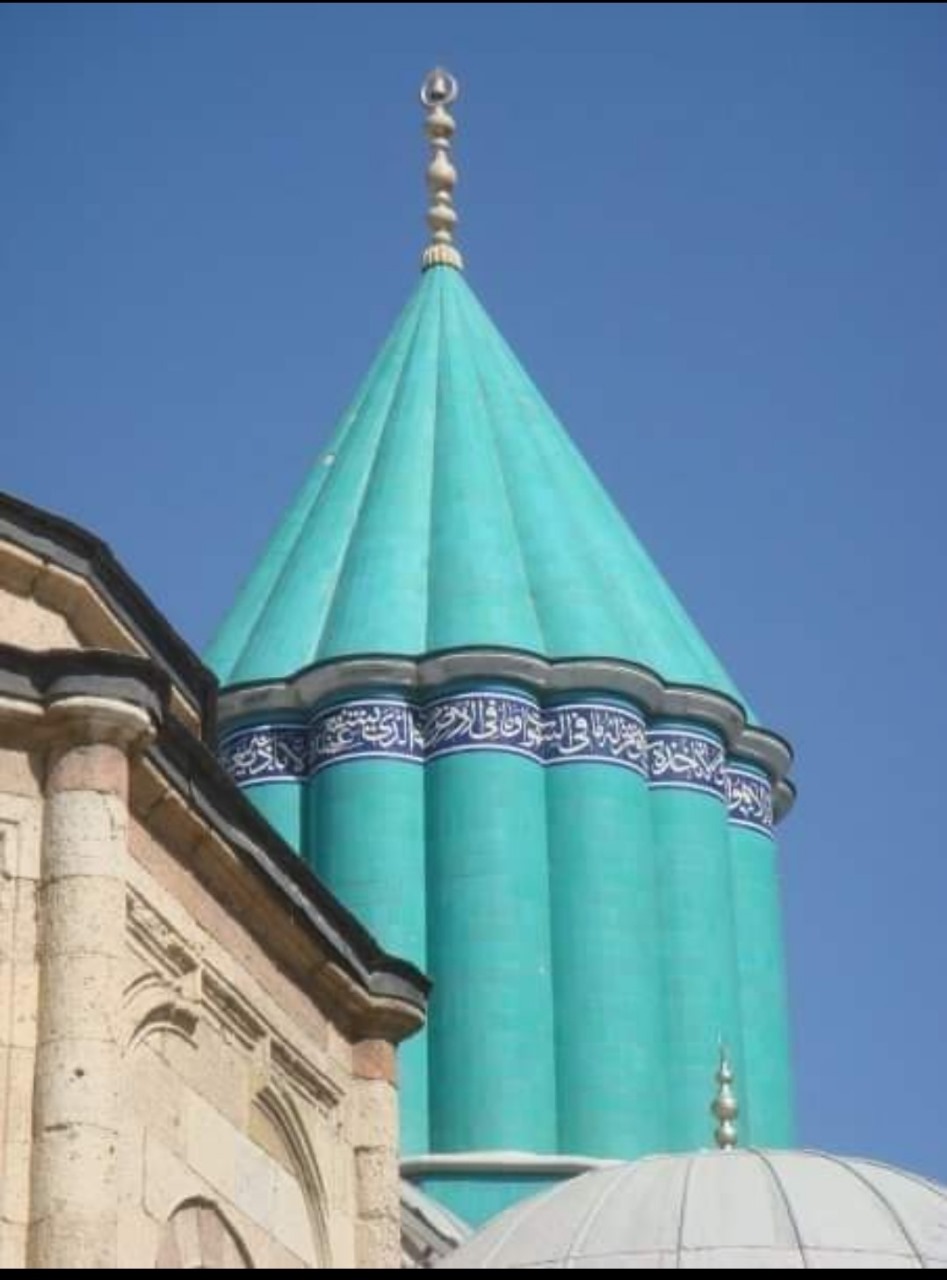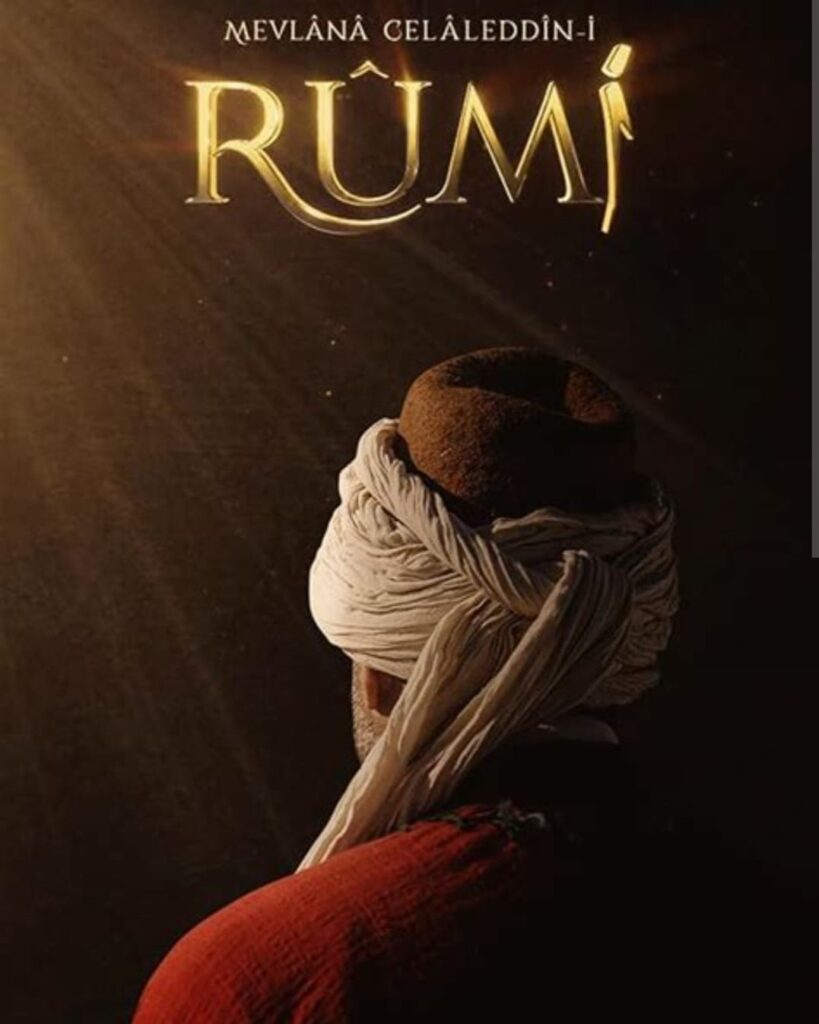Khawaja and the Hindi Parrot

(1) “Ghairat” is an extreme sense of self-righteousness, which commands self-respect. It is a self-attribute that motivates a person to go to any lengths to fight for the truth. The power of belief to be on “the right path” makes one bold and brave. It is not revenge or jealousy that would instigate a “believer” to commit a crime, but the sense of duty and responsibility towards ‘Truth’ that forces him to fight against ‘Evil.’
(2) “Ain” is the vision – “Mahrab-Namaz” is the focus, the objective, and “sheen” is the flaw, the imperfection. Faulty are people who turn to faith in such a paradigm, where the focus is one’s personal desire for happiness and sustenance. When there is no right vision, the objectives mislead and invite the wrath of Allah.
(3) Compromising with less and not striving hard in pursuit of knowledge of truth begets the wrath of Allah. Sacrificing one’s whole self is the objective and not just slavery in terms of physical rites (Ibaadah). One must surrender both one’s physical and intellectual self before Allah.
(4) Those people invite the wrath of Allah, who fell for sloth; those who have reached a station but still feel uncertain and are searching, as they were beginners on the way.
(5) A human being has no identity or self-respect before God. Everyone seeks Allah’s favor as ‘wheat’ does because seeking human favor is useless like ‘hay’; it’s just beating about the bush.
(6) “deh” has not been used here for the number ten, but it stems from “dahar,” which means worldly, and here appears to mean hardhearted.
(7) According to tradition, it is said that Allah appreciates two drops very much: one is the tear shed in steadfastness to truth (taqwa), and the other is blood spent in Allah’s Cause, fighting for Truth (Jihad)
(8) There are no male and female attributes. All attributes are from Allah. Duality means seeking attributes in oneself other than those approved by Allah. Freeing oneself from these earthly attributes and adorning oneself with Divine virtues is the final demand of purity and Divinity.
(9) “Eye” means physical eye. One cannot see God but feels His presence in joy and grief inflicted on oneself. Rumi further clarifies that worldly pleasure or sorrow does not matter, but the “wajd” spiritual ecstasy brings one close to Him.
(10) Life is just not fleeting moments of happiness and grief. Restricting oneself to worldly passing emotions is fixing oneself to it, and one can never realize the truth of life, which is not in duality but in the Oneness of life that is perpetual, that of eternity.
(11) “Ishq,” the Divine Love, is the spiritual energy that facilitates one on the path and helps one conquer worldly emotions that relate to individual sustenance rather than mutual survival, thus is opposed to selfishness Click for detail….
(12) Extortion, fairness, grief, and happiness are temporary states of mind. One must strive harder to rise above them to seek Allah’s console.
(13) There have been certain delays in writing the Masanavi, and Rumi is apologizing to Hassam-ud Din, his friend who had motivated him to write it and also served as his secretary in keeping a record of the written material.
(14) “Saboohi” is used for the morning breeze and draught of wine. It is Mansoor al-Hallaj’s intoxication that is affecting Rumi too.
(15) The means are not the “ends”; intoxication is a state, a medium to find truth, not the “truth” itself. See more on intoxication… Click for Details


A window to Mathnavi Maulvi Ma’nvi
Translation and Commentary Seema Arif
Further Links for Rumi


The Soul has many colors and can speak any language taught like a parrot, but unfortunately, we keep it in a tight prison of body. The freedom of the Soul blesses it with Divine virtues; while bound to bodily needs, it fixes itself to earthly emotions. It loses its motion, shrivels, and dies. To save it from dying a real death, one must rescue oneself from petty human desires and emotions. The death of human desire is fake, like that of a parrot in the story. It keeps displacing and disguising itself in different attires to tax one’s Soul. Color is the symbol of human and earthly life, full of diversity, adversity, and hence deception. It raises confusion in one’s mind and heart about what to choose. And which way to go? The duality is a hallmark of human life, and one must not relate it to Allah. He does not transmit it to the Soul. The human mind perceives and compartmentalizes it, and the human body is affected by it. God’s Divine Grace and magnanimity make human souls forgiven and relieved of their sins. However, it involves human involvement through seeking pure knowledge and Divine counsel.
Allah says in Qur’an
(6:151) Say: “Come, I will rehearse what Allah hath (really) prohibited you from.” Join not anything as equal with Him; be good to your parents; kill not your children on a plea of want;- We provide sustenance for you and them;- come not nigh to shameful deed, whether open or discreet; take not life, which Allah hath made sacred, except by way of justice and law: thus doth He command you, that ye may learn wisdom. Click for Details… Fusus10
A minor transgression in faith may lead to all ‘Evil’ in the world. This transgression might be about ‘intentions’ belonging to one’s ‘actions.’ The soundness of Soul and its constant reference to the Divine Law keeps one’s intentions pure from worldly desire or selfish aims. Allah says, “ All actions are favored by intentions behind.” Hence, the severity of actions like “murder of one’s wife” is pardonable, as one has strong faith in one’s self-righteousness. Adherence to Divine Virtue inhibits a human being from transgressing Divine Law and abstaining from all vulgarities and indecency that a human mind may imagine and the human self may enact. “Adultery” means serious transgression to faith because it involves a serious violation of “commitment”: being unfaithful to your spouse is being untruthful to Allah. Allah loves truth and appreciates commitment to truth alone. Since Allah is All Truth, He is the ultimate sense of self-righteousness, and Hazrat Muhammad (SAW) is all truth personified; he is the human accord for all to follow.
All is one; good and evil are relevant terms perceived through one’s actions and weighed through their outcomes. Transgression to faith is a contravention of nobility as well and invites Allah’s wrath. Rumi has ascribed three conditions to it in this verse.
1. Using deductive logic instead of inductive reason in matters of faith
2. Wasting one’s talent deposited by Allah in one’s Soul by compromising with lesser evil, misusing it, or not using it for the right purpose, as a chef may try to deal with cloth merchandise.
3. Not aspiring to rise higher, i.e., improve one’s knowledge status. When ‘one can kiss the hand’ means materialize, a stage is stuck in planning ‘searching for the scent.’
In summary, one must adopt the right means and legitimate source to acquire knowledge, and once acquired, one must put it to the right use, not restricting it to personal advantage but expanding it for human intellectual evolution. One must learn to be a lifelong learner and appreciate that “ one never knows enough to know all.”
Rumi clearly distinguishes between “humility” and “servitude”. Being humble to God always aspires one towards Him alone, annihilating one’s worldly attributes to acquire ‘Divine Virtues.’ Sacrificing one’s passion in search of truth is equivalent to laying one’s life fighting for truth.
The Intent that misleads you
Whether it is Kufr or Haqq, it doesn’t matter.
What bereaves you from your friend,
Impression, good or bad, doesn’t matter.
( Copyright 2024 ) Dr. Seema Arif All rights reserved.
All material on this page is Seema Arif’s original writing. Using it in any form of publication and print media without prior permission will be considered a violation of rights. When quoting research papers, proper referencing should be used.






